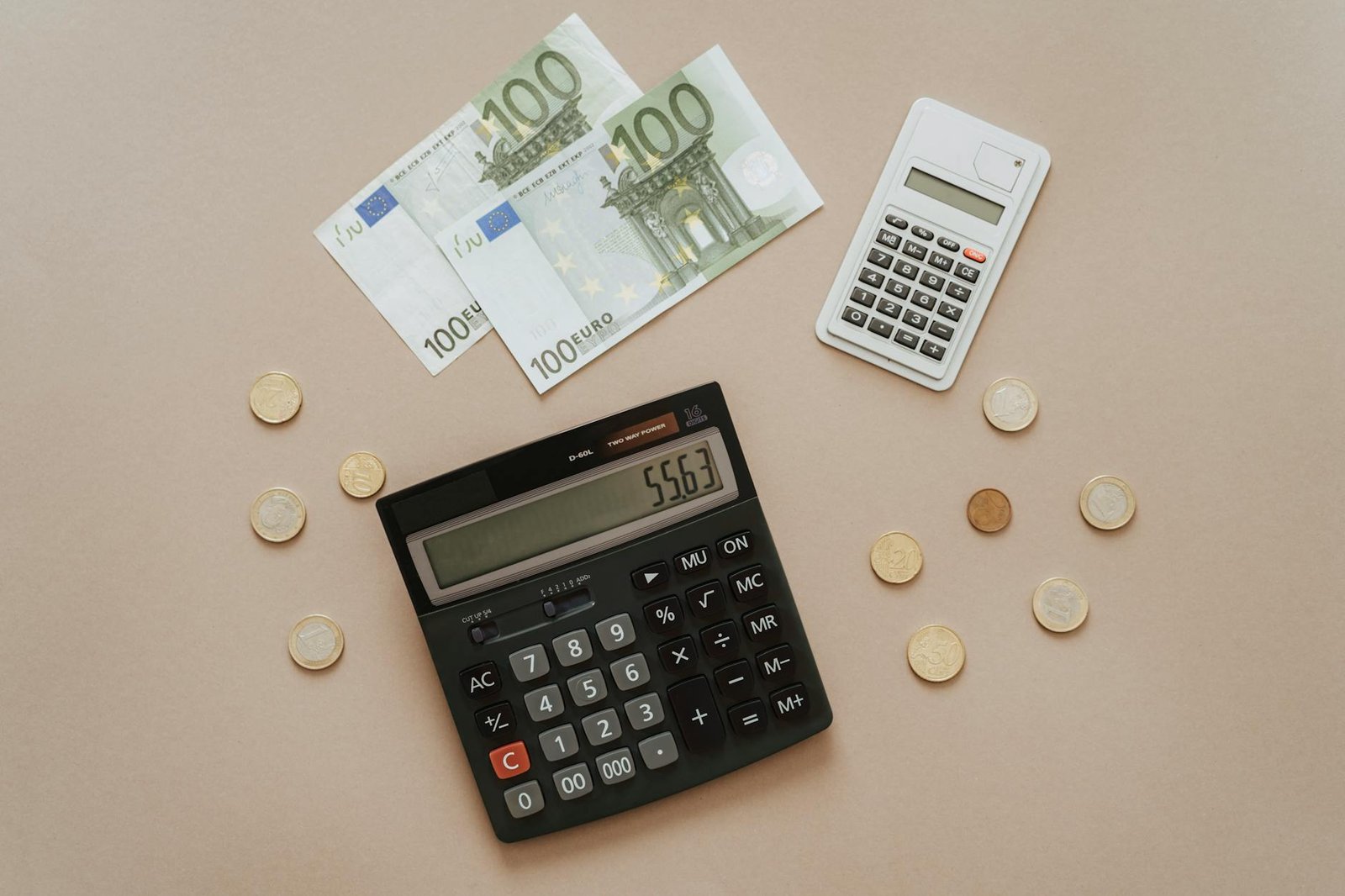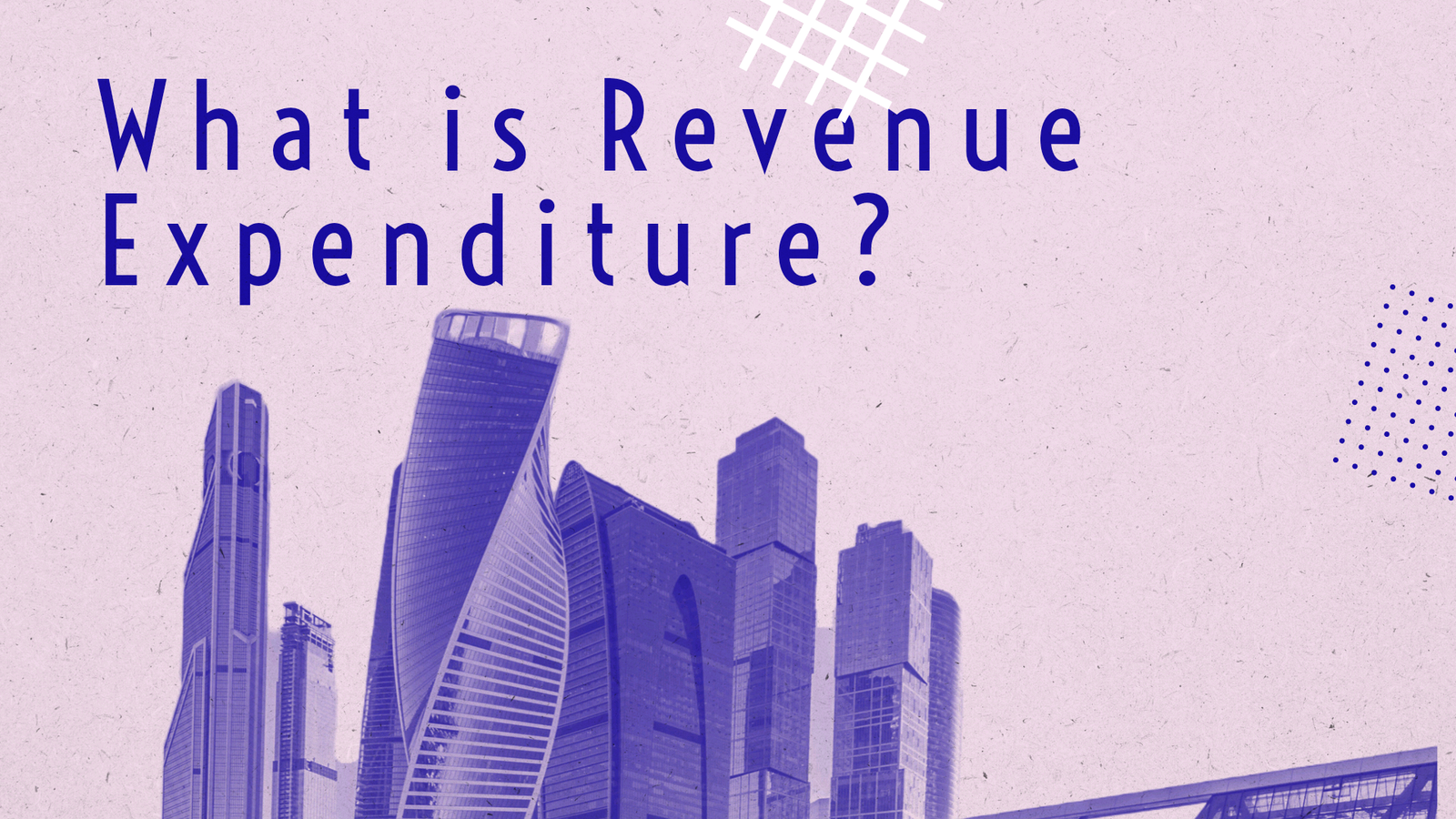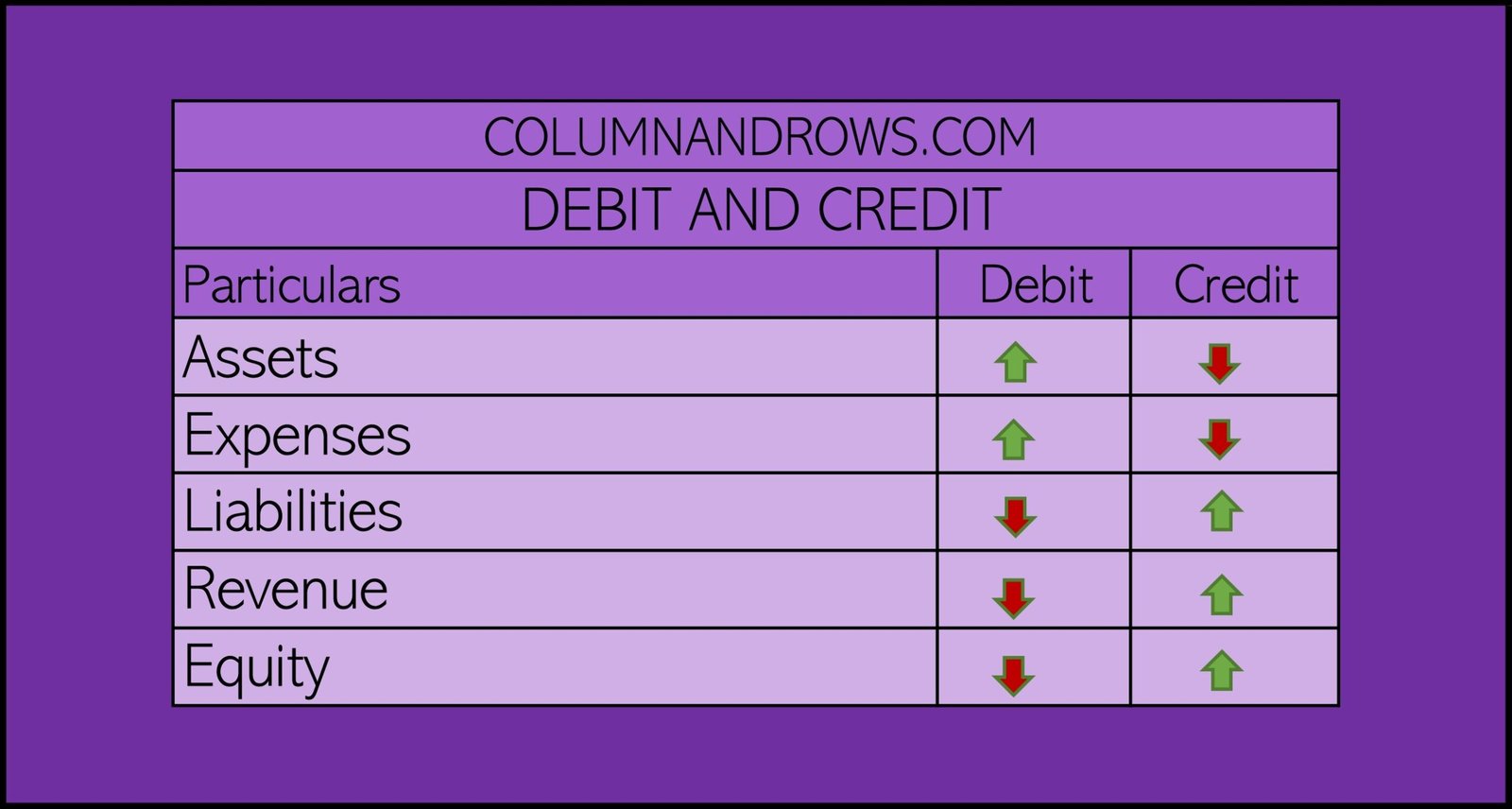What is capital expenditure?
Capital expenditure is the cost incurred by the business in tangible and intangible assets for long-term benefits.
Commonly known as CAPEX, capital expenditures are made by a business entity as an investment in tangible or intangible assets whose useful life is more than one accounting period. They are made for the purpose of obtaining and upgrading fixed assets to generate future benefits.
Accounting Treatment
Capital expenditures are classified as assets or added to the already capitalized asset in case of upgradation. They are charged in profit and loss over the useful life of the asset as depreciation expense. For example, if a business buys a Plant for $50,000 for 25 years of operations then the depreciation would be $50,000/25 = $2,000 per year.
Examples
Obtaining Assets
Buying Assets such as Land, Building, Plant, and Machinery, including Intangible assets such as Software, and patents are classified as an asset in the balance sheet. All the other costs directly related to acquiring such an asset must also be capitalized and included in the total cost of the asset so acquired. These assets are then depreciated or amortized over their useful life.
Renovation and Upgradation
This refers to making improvements in already available fixed assets. Such as adding more functionalities that result in overall increased productivity and efficiency. All costs incurred for this purpose are capitalized.
Development Costs
All expenses spent on the development of an intangible asset are capitalized. However, research-related expenses are not capitalized unless the research is acquired.
Borrowing Costs
Interest expense / Finance cost associated with a loan that is exclusively obtained for acquiring any fixed asset is included in the total cost of that asset.




